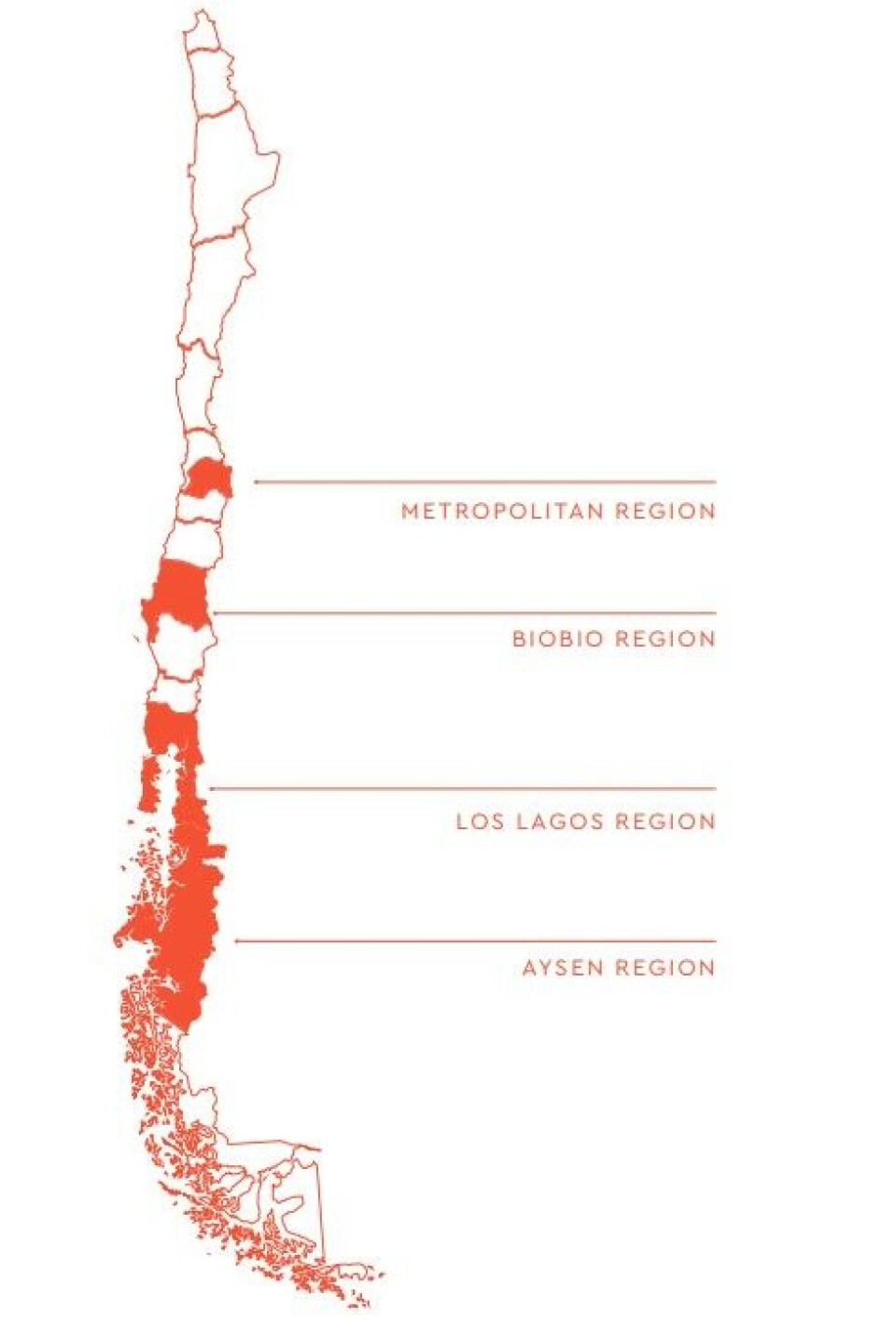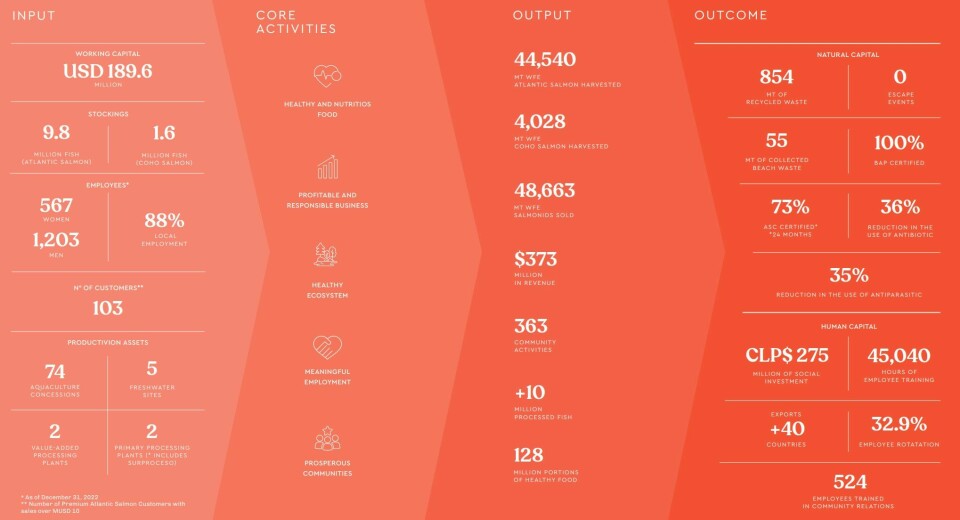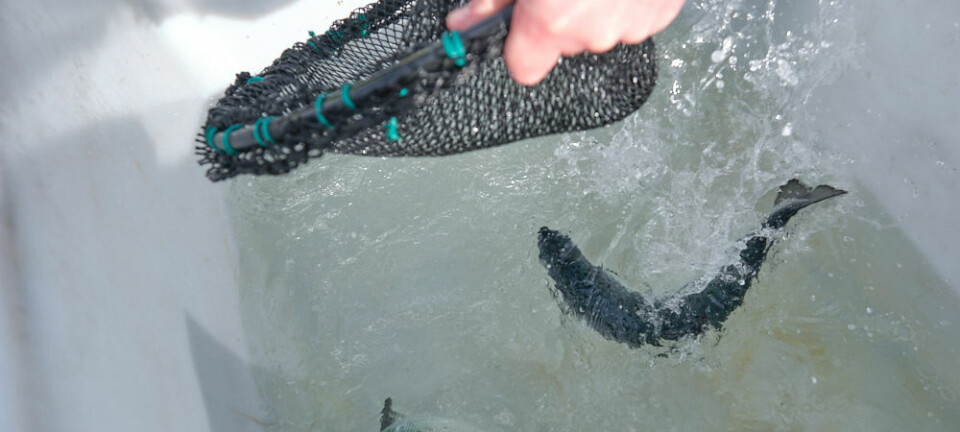
Camanchaca chairman hails strong recovery and promising future
Chilean salmon farmer aiming for 70,000-tonne harvest next year
Chilean fish farmer Salmones Camanchaca completed a strong operational and financial recovery last year after a difficult 2021, chairman Jorge Fernández García said in the company’s 2022 annual report, published yesterday.
Operating profit was US $59.9 million, a $73 m turnaround from 2021, when mortalities caused by harmful algal blooms and the market-depressing effects of Covid led to an operating loss of $13 m.
Camanchaca harvested 45,000 tonnes (whole fish equivalent) of Atlantic and coho salmon last year, an 11% increase over 2021. Most of the fish were Atlantic salmon, with coho harvests amounting to 4,028 tonnes. A further 1,900 tonnes of coho were expected to be harvested during the remainder of the coho season, which closed in February 2023.

The company expects to increase Atlantic salmon production to between 44,000 and 44,000 tonnes this year, and is almost doubling coho production to 10,000-11,000 tonnes. Coho have the advantage of greater resistance to endemic diseases and are immune to sea lice.
Camanchaca, which employs around 1,770 people, is implementing a farm diversification strategy focused on using a greater proportion of sites in the Aysén region, which is located in the colder south and has a lower risk of algal blooms.
Bubble curtains
The company’s strategy also includes numerous projects and technologies to reduce risks, such as bubble curtains or oxygenating equipment. Atlantic and coho salmon harvests are estimated to be at 65,000 to 70,000 tonnes next year.
“2022 was a positive year for Salmones Camanchaca, with strong financial results achieved, in addition to demonstrating our capability to create value, as well as completing a strong operational and financial recovery following the Covid-19 pandemic and algal blooms of 2021,” wrote Fernández.
He added: “We have seen consumers steadily incorporating salmon into their diets, which has positioned the product as a great alternative to other proteins to meet global food demand in the coming years.”
Milestones in 2022 included the implementation of a new animal welfare policy; 100% certification of the company’s coho salmon production with the American Heart Association’s HeartCheck certification; and connection of Camanchaca’s recirculating aquaculture system (RAS) hatchery in Petrohué to the Hidroelena hydroelectric power plant, which will enable it to replace nearly 100% of the diesel used in the hatchery and reduce its corporate CO₂ footprint by more than 30%.
More resilience
Salmones Camanchaca was also selected for the Dow Jones Sustainability Index (DJSI) of Standard & Poor’s, and recognised as one of the six most sustainable protein-producing companies in the world by the Coller FAIRR Protein Producer Index.
“While the challenges that lie ahead for 2023 are numerous, we have adequately prepared for them and learned from those of the past, making us more resilient,” wrote Fernández.
“Our objective is to continue fulfilling our duties seriously and responsibly, generating value in the region and throughout the country. We want to demonstrate that aquaculture can be a profitable, efficient, environmentally friendly business while also being a good neighbour to the communities where we operate.”
Read the full report here.
























































